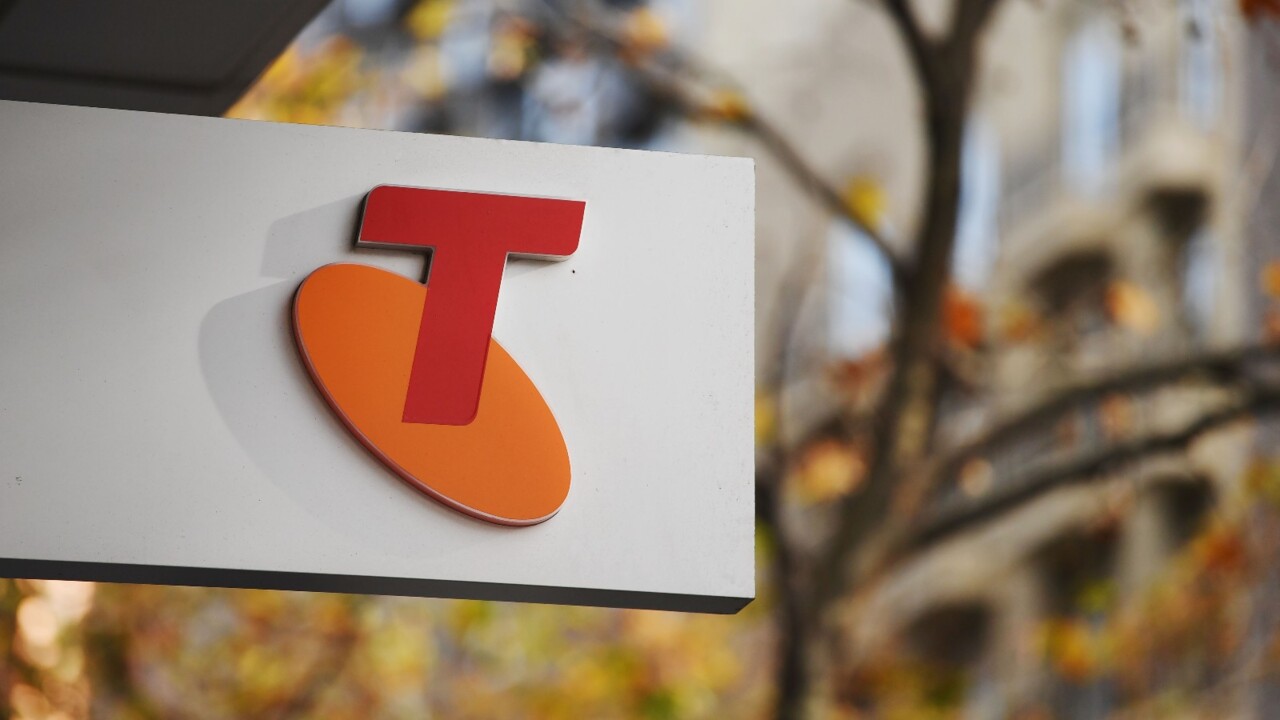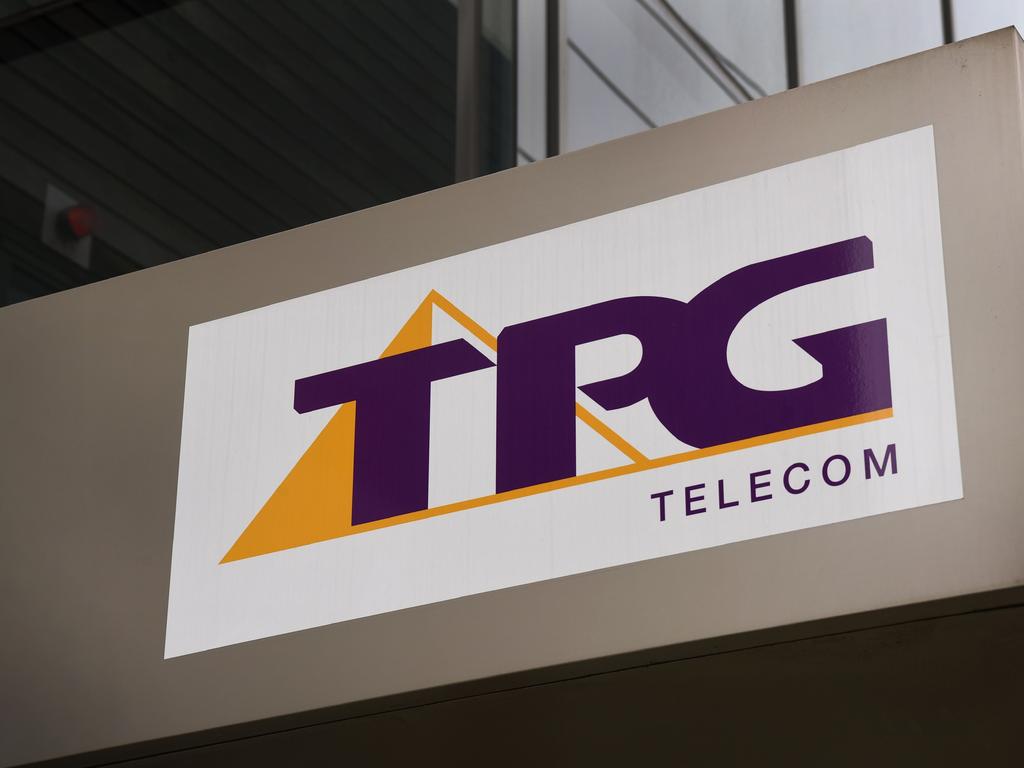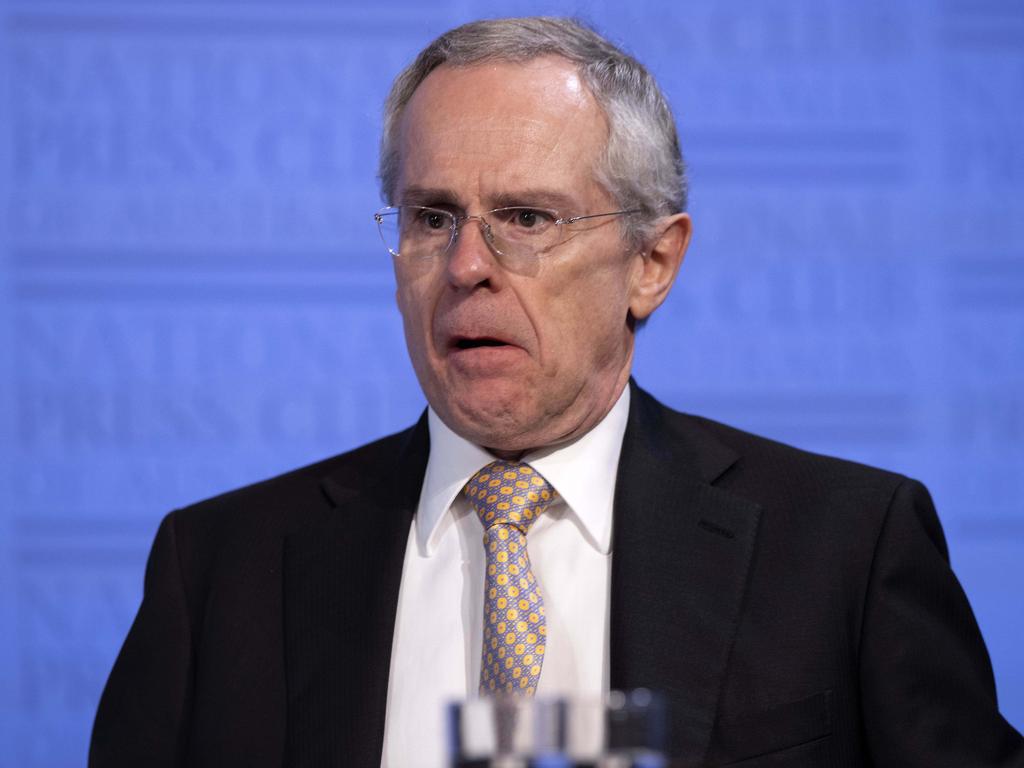Telstra, Optus, TPG accused of misleading customers over NBN speeds
The country’s biggest telcos are being taken to court for allegedly misleading hundreds of thousands of Aussies over this one integral thing.

Telstra, Optus and TPG are being taken to court by Australia’s competition regulator for allegedly misleading hundreds of thousands of consumers over NBN maximum speeds.
The Australian Competition and Consumer Commission has begun separate actions in the Federal Court against each telco for allegedly making false or misleading representations in promoting some 50Mbps and 100Mbps NBN plans.
The ACCC alleges the companies told some consumers on Fibre to the Node connections they would test the maximum speed of their connections and notify them of their maximum speed if their line was underperforming.
The telcos also allegedly said they would offer remedies if the maximum speed was below the stated speed on their plan, but failed to do so for many customers.
It is further alleged Telstra, Optus and TPG wrongly accepted payments from certain customers for NBN plans when they were not provided with the promised speeds.
However, the ACCC alleges the companies didn’t have adequate systems to be able to do the speed checks and remedies they said they’d carry out.
Telstra, Optus and TPG have promised to compensate consumers even before the court case is finalised, the ACCC said.

Telstra and TPG made the allegedly false and misleading statements on their websites and in emails to customers from at least April 1, 2019 to April 30, 2020 and in the case of Optus, from at least January 1, 2019 to December 31, 2019.
“Telstra, Optus and TPG each promised to tell consumers within a specific or reasonable time frame if the speed they were paying for could not be reached on their connection. They also promised to offer them a cheaper plan with a refund if that was the case. Instead, we allege, they failed to do these things, and as a result many consumers paid more for their NBN plans than they needed to,” ACCC chair Rod Sims said.
“Collectively, hundreds of thousands of consumers were allegedly misled by these three big internet providers, Telstra, Optus and TPG, which accepted payments for NBN speeds they could not provide.
“What makes this behaviour even more concerning is that Telstra, Optus and TPG were well aware of these issues and had earlier given undertakings to the ACCC to provide remedies to consumers who purchased NBN plans with speeds that couldn’t be delivered,” Mr Sims said.
“We are very disappointed that these companies do not seem to have taken seriously the undertakings they gave to the ACCC.”

Mr Sims said internet speed was one of the main features customers sought in choosing their NBN plan but it could be complex and time consuming to understand, as they couldn’t check their NBN speeds themselves.
That’s why it was so important providers gave their customers accurate information so they could make informed choices, he added.

The investigation was sparked by Telstra’s self-reporting to the ACCC and by information in the ACCC’s Measuring Broadband Australia Reports showing consumers were not getting the speeds they were paying for.
Telstra, Optus and TPG are contacting current and former affected customers to advise them if they are eligible for a refund and are offering alternative plans or a chance to exit their contract without penalty, if appropriate.
Consumers may also contact their provider directly for further information.
The ACCC is asking the court to impose orders, including declarations, injunctions, fines and compliance programs.
‘We are very sorry’, Telstra says
Telstra Group executive of consumer and small business Michael Ackland said it was taking steps to improve its processes.
“We are very sorry to have let these customers down. We are managing this important and complicated issue proactively and accept that there are some things that we didn’t do right,” he said.
Mr Ackland said speed transparency was a complex topic that NBN Co “left entirely” to retail service providers (RSPs) without providing the tools and information customers need so they know what to expect before they connect.
When customers moved to the NBN for the first time, available speeds at their premises were unknown by both the NBN Co and the RSP, he said.
Most times, if NBN Co sold an RSP a connection that fell short on the speed sought, and which the RSP had paid for, the RSP was left to wear it, he added.
“This is why we strongly support the current ACCC process examining the price RSPs pay for access to the NBN, and the service standards to which NBN Co should deliver.
“While NBN Co are promoting their ‘focus on fast’ promotional rebates, they need to ensure they can deliver those speeds.”
Optus ‘carefully considering matter’
An Optus spokeswoman said it is carefully considering the matter and would continue to work to measure NBN speeds and inform customers of the options available to them.
“The speed achievable on some NBN connections can be impacted by issues including the length and quality of the copper line that connects a customer to the NBN. Unfortunately, not all NBN connections can deliver the same speeds,” she said.
TPG says it had ‘no intention’ to avoid obligations
Meanwhile, TPG Telecom apologised for the oversight, blaming two key factors.
“The first was failure by NBN Co to provide timely and accurate speed information to TPG Internet. The second was anomalies in TPG Internet’s legacy processes in place since 2017, and these have been fixed post-merger,” a spokeswoman said.
Impacted TPG Internet customers would be contacted and offered the option to move down a plan and receive a refund, leave and receive a refund or stay on their current plan.
“There was no intention whatsoever by TPG Internet to avoid its obligations and its processes were intended to provide the correct maximum attainable speed information to customers.”
Telstra, TPG Telecom Ltd (TPG’s parent company) and SingTel Optus (Optus’s parent company) are the three largest internet service providers in Australia.




